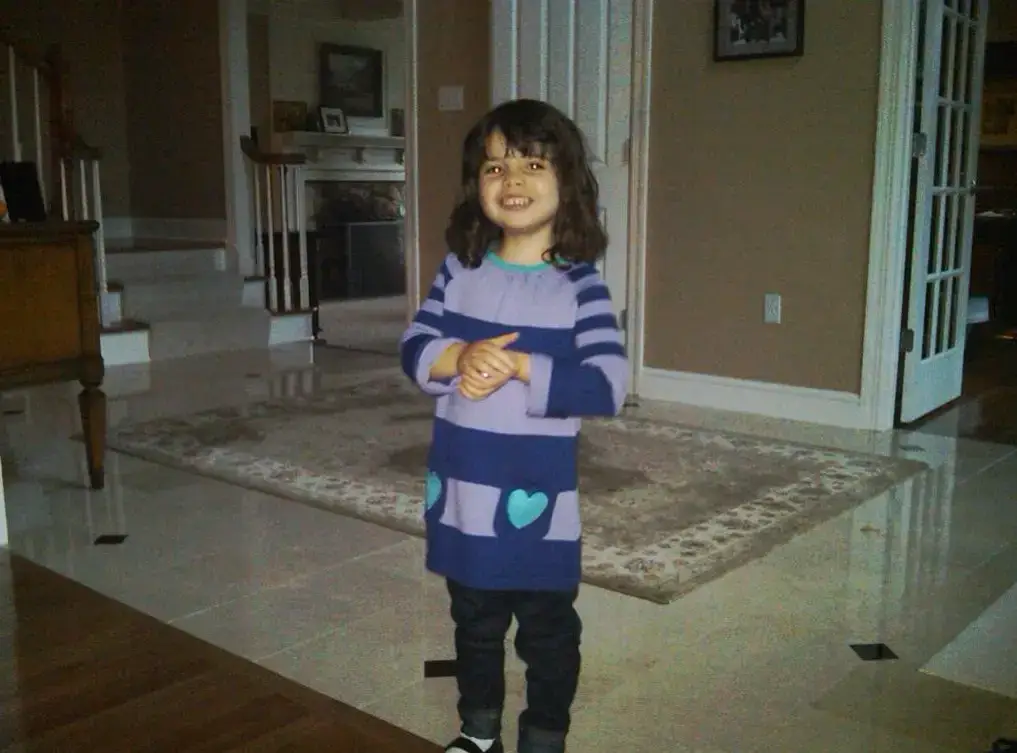The Road to Creating A New Standard in Behavioral Health
Many children with developmental and behavioral health needs experience a difficult journey toward wellness due to services that are fragmented or inaccessible. UPMC Children’s innovative Whole Child Wellness Clinic (WCWC) disrupts the current model of care with a new standard that better serves kids with behavioral health needs.
“Our family’s experience with the behavioral health care system began when our bright, inquisitive, and passionate five-year-old daughter was expelled from kindergarten. Eager to get her the support she needed and get her back to the joys of childhood; we began searching for a doctor who could help teach our daughter and ourselves the tools she needed to thrive.
What we encountered was a confusing system of specialists each with their own waitlists, their own clinics and their own staff — all separate and disconnected from each other. Our daughter was managing multiple diagnoses including autism spectrum, OCD, ADHD, anxiety and depression. To address all of her needs would have meant a childhood of doctor’s appointments. I knew there had to be a better way to help support kids like my brilliant Mackenzie.
Luckily my journey into the behavioral health world also brought me into contact with many of the wonderful doctors and resources we have here in Pittsburgh. Together with the Children’s Hospital of Pittsburgh Foundation, Western Psych, and other UPMC clinicians, a pilot clinic was designed, and is currently underway — Whole Child Wellness Clinic (WCWC). WCWC, the first of its kind in the country, is a holistic approach to behavioral health that treats a child’s physical and mental health all in one location and helps with navigating the system overall.
Learn more about the WCWC from director Justin Schreiber, DO, on UPMC Children’s “That’s Pediatrics” podcast.
This creative approach helps lessen the stigma to seeking mental health care, lessens the burden on families trying to navigate the system and gets kids like my daughter back to living their life.
Mackenzie has aged out of WCWC but I am happy that my family’s experience can hopefully make the journey a little easier for other families. I am so grateful to all of the innovative doctors and administrators who were willing to take a chance on a new approach to treating behavioral health.”
— Vanessa, Mackenzie’s mom

